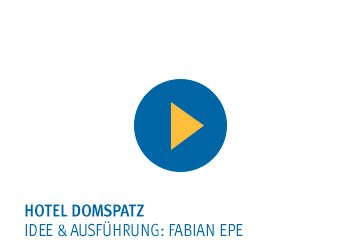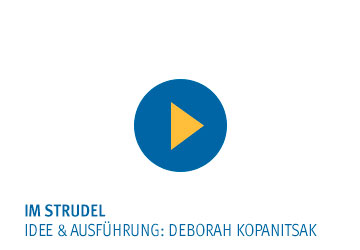Sie befinden sich hier:
Home » help & offers » Debt counselling » Overview of debt counselling
Overview of debt counselling
The situation
Increasing numbers of people are getting into severe crisis because of excessive debts. Excessive debts are not just the result of personal problem situations (e.g. separation/divorce, sickness, addiction, excessive consumer habits), but also of developments in the financial services market that place increasing pressure on the individual. Excessive debts are the result of an aggravation of the process of being indebted up to a point of crisis and is an expression of economic poverty and a psycho-social emergency situation, affecting all members of a private household. For adults, just as for young people, excessive debts often only arise at the end of a process of economic destabilisation lasting several years, in which a consolidation of one’s own efforts has been unsuccessful. Indebtedness becomes excessive debt when cash flow reaches breaking point, if the person affected is no longer able to make their payment obligations in full, even after they release reserves and cut their living standards to the bare essentials. Those with excessive debts sacrifice their ability to cope with everyday life and lose control over their own financial affairs. They are exposed to stress and psychic pressure that often impacts their health. Material and non-material pressures mutually increase. Debt counselling is therefore social and financial advice and help.
Debts – what does that mean exactly?
Two years ago, students of Cologne’s Art Media Academy for Arts were given the brief to produce promotional films on the subject of debt counselling for the Catholic charitable organisation SKM Cologne. We would like to present two of these, and their perspective on this issue, to you there.
The support
Counselling’s primary objective is to secure the livelihoods of people living with excessive debt, to work to prevent further indebtedness and to bring existing debts down to a manageable level. At the same time, the aim is to create conditions for those affected to allow them to lead an independent and responsible life in terms of how they manage their household budget. It is about supporting existing resources and tapping into new ones. Taking account of these conditions, the aim is to develop strategies for action that prevent a return to excessive debt for the long term and to contribute to changing an onerous life situation. As well as settling debts, this requires a comprehensive process of individual stabilisation and debt easing be introduced, awareness created of any problematic consumer habits, a willingness to change developed, established patterns of behaviour transformed, and information and expertise provided on how to manage one’s own household budget. The process of support here is divided into a planning and counselling phase. Advice to those with excessive debts seeking support is provided, taking into account the financial situation of the people affected, as well as the individual and social problems and opportunities for the person seeking advice. Counselling people with excessive debts requires clarification of the objective circumstances and the reasonable assessment of individual aspects. During the advisory process, the advisor acts as a helper, manager, mediator or “advocate”, depending on the requirements of the individual case. The aim is to offer a complete, tailored and needs-based service. Settling excessive debts, supporting the person seeking advice about how to manage their personal situation and avoid excessive debts in the future is tailored to the specific individual and requires support over a longer period in the individual case.









 Instagram
Instagram







